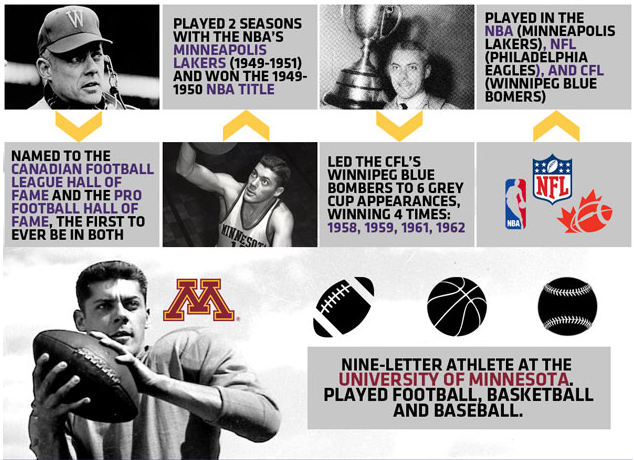Last year, the Scottish government introduced legislative proposals to nominate state guardians for all Scottish children, to be called “named persons” and to exercise rather Orwellian powers over the child and the child’s parents. The legislation is now in force, and Stuart Waiton explains why it’s such an intrusive step:
The children’s minister, Aileen Campbell, has been dismissive of those people who have criticised the act as state snooping, or, as many Christian groups have put it, an ‘attack on the family’. For Campbell, the new powers and duties being given to the state guardians are simply another service to help families in trouble and further ensure that children are protected in society. Indeed, Aileen Campbell at times appears to be nonplussed by her critics, incapable of seeing why her caring approach is not instantly celebrated. The claims of state snoops undermining the family, she argues, are simply ‘misunderstandings’ and ‘misrepresentations’ of the new law. When someone raised the point that this act undermined the role of parents in child-rearing, Campbell, somewhat comically, replied, ‘we recognise that parents also have a role’.
However, given the increasing ways in which all children are being categorised as ‘vulnerable’, the way in which all professionals are being educated to put child safety at the top of their agenda, and at time in which ‘early intervention’ is promoted as the only rational approach to solving social problems, there is a serious risk that the relationship between the ‘named person’ and parents will become one predicated on suspicion. Given that the red line for when it is appropriate to intervene in a child’s life is also being downgraded, from the child being seen as at serious risk of harm to mere concerns about their ‘wellbeing’, the potential for unnecessary and potentially destructive state intrusion into family life with this law is significant.
[…] There is also a great danger here that by incorporating every single child in the child-safety rubric, the few children who need state intervention in their lives will get lost in this vast system and not get the support they need. As one concerned parent has noted, when you are looking for a needle in a haystack, why make the haystack bigger?

 On the official Minnesota Vikings page today, an infographic to celebrate former coach Bud Grant’s 87th birthday:
On the official Minnesota Vikings page today, an infographic to celebrate former coach Bud Grant’s 87th birthday:


